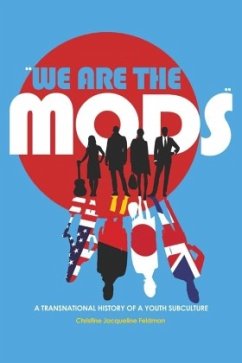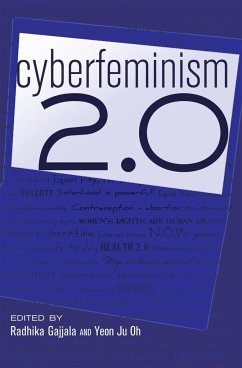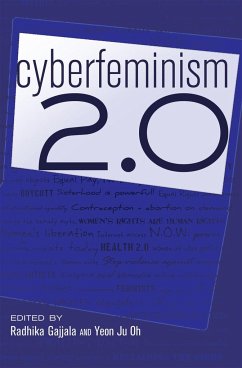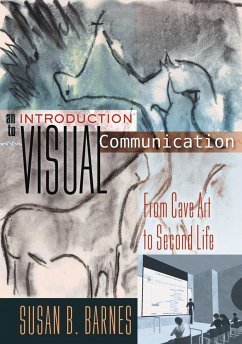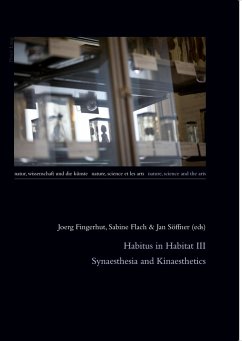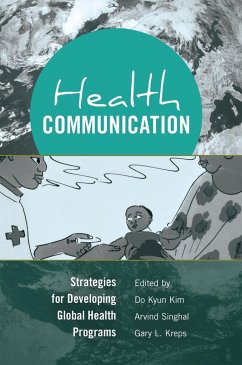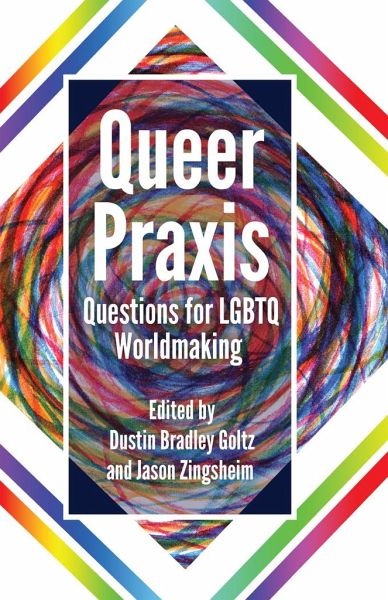
Queer Praxis
Questions for LGBTQ Worldmaking
Herausgegeben: Goltz, Dustin Bradley; Zingsheim, Jason
Versandkostenfrei!
Versandfertig in 6-10 Tagen
94,15 €
inkl. MwSt.
Weitere Ausgaben:

PAYBACK Punkte
0 °P sammeln!
Amidst rapid advances of mainstream gay and lesbian platforms, questions of essential sexual identities, queered rituals of family, queered notions of intimacy, queer considerations of time, and the possibility and value of queered systems of relation are largely absent. Resisting the public face of a normative and homogenous gay and lesbian community, and embracing a broadened conception of queerness, this book brings together 29 writers - a diverse community of scholars, lovers, and activists - to explore queer theory and embodied experiences within interpersonal relations and society at lar...
Amidst rapid advances of mainstream gay and lesbian platforms, questions of essential sexual identities, queered rituals of family, queered notions of intimacy, queer considerations of time, and the possibility and value of queered systems of relation are largely absent. Resisting the public face of a normative and homogenous gay and lesbian community, and embracing a broadened conception of queerness, this book brings together 29 writers - a diverse community of scholars, lovers, and activists - to explore queer theory and embodied experiences within interpersonal relations and society at large. Enacting a critical intervention into the queer theoretical landscape, the book offers an alternative engagement where contributors centralize lived experience. Theoretical engagements are generated in relation and in dialogue with one another exploring collectivity, multiple points of entrance, and the living nature of critical theory. Readers gain familiarity with key concepts in queerthought, but also observe how these ideas can be navigated and negotiated in the social world. Queer Praxis serves as a model for queer relationality, enlisting transnational feminist, critical communication, and performance studies approaches to build dialogue across and through differing subjectivities.





